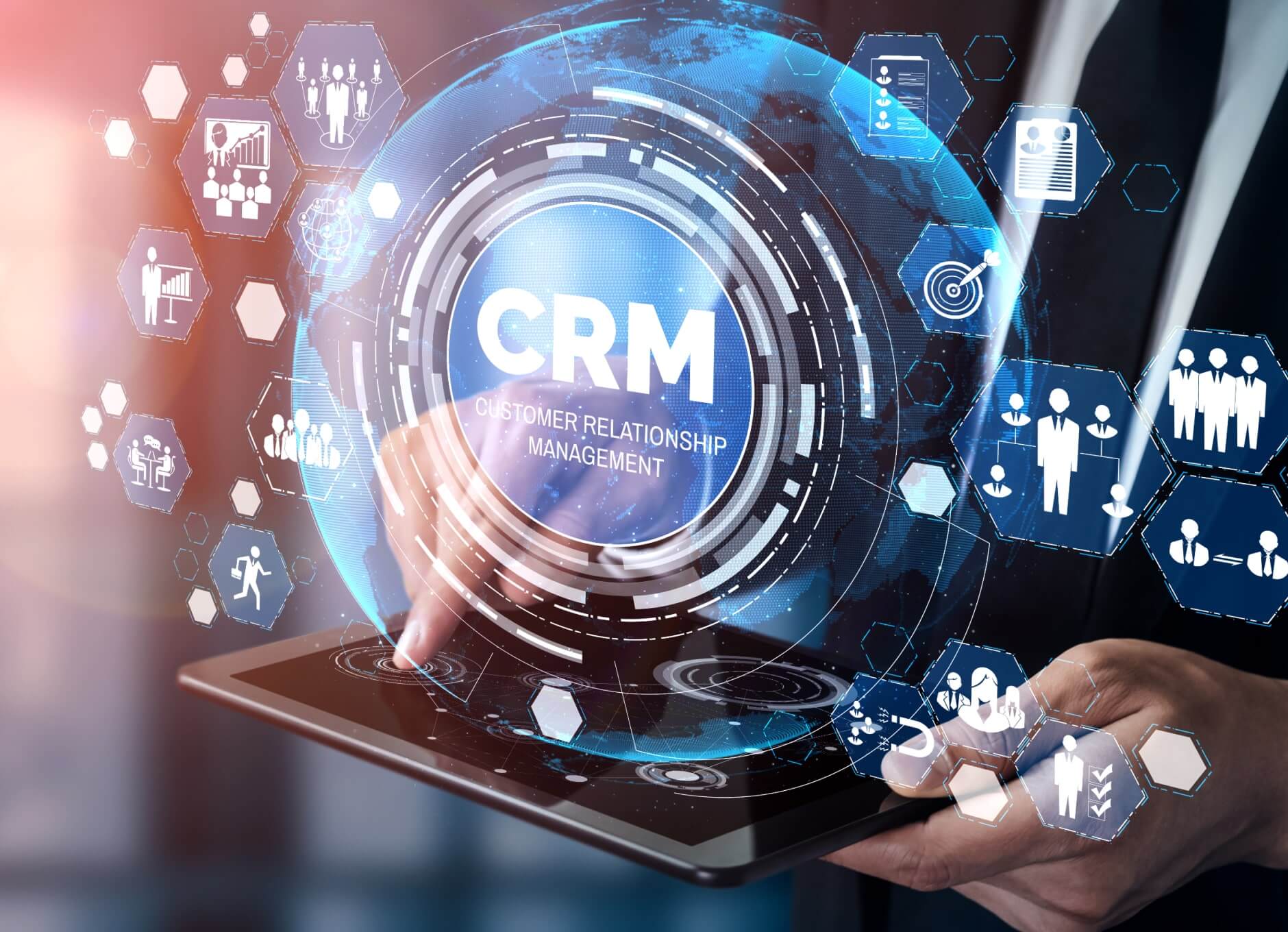CRM Types and What They Are For
What does CRM stand for, what are its main types, and how do you select the right one for your business?
Explore this article to find out the answer to these questions.
In today's data-driven business environment, optimizing customer interactions is crucial for success, and customer relationship management (CRM) is so important. Thus, CRM software is more than just a technological solution — it's a strategic investment. But what is a CRM system exactly? CRM goes beyond a simple contact list. It's a comprehensive toolbox that empowers businesses to streamline and analyze all customer interactions throughout the entire customer journey, and it is the base of the entire business organization, especially while scaling.
However, with a multitude of CRM options available, selecting the most suitable system requires a deeper understanding of the various CRM types and their specialized functionalities. This article will serve as your guide, unpacking the key categories, exploring some examples, and equipping you with the knowledge to confidently choose the CRM platform that best propels your business towards stronger, more profitable customer relationships.

Why Do You Need a CRM?
Before we delve into the types of CRM systems, let’s figure out why we need one in the first place. So, here are the main reasons why businesses need reliable CRM software:
- CRMs help analyze sales and plan procurement and stock volumes
- These tools allow you to see what combinations of goods are most often made by users and create an offer and upsell for other customers
- They streamline the sales process, leading to faster deal closures and revenue growth
- CRM data facilitates customer segmentation, enabling businesses to target marketing campaigns with a laser focus
- These tools automate repetitive tasks, freeing up employee time for higher-level activities
- These tools automate repetitive tasks, freeing up employee time for higher-level activities
As you can see, the benefits are numerous and undeniable, which makes it worth investing in a quality CRM system. But which one to choose? Let’s move on to discussing types of CRMs and answer this question together.
3 Main CRM Types and Their Functions
Operational CRM
Operational CRM systems focus on streamlining and automating the day-to-day tasks involved in customer interactions. These systems go beyond simply storing contact information. Operational CRM applications include tools for sales force automation, quote generation, and customer service case management. As a rule, a salesperson can automate follow-up emails after a meeting, generate a personalized quote based on the customer's needs, and track the entire sales process within the CRM. This focus on automation and efficiency empowers businesses to provide a smoother customer experience and improve overall sales and service productivity. A good operational CRM example is Germius since it offers most of the services we mentioned above.


Analytical CRM
Analytical CRM definition transcends the realm of managing customer interactions. It represents the systematic analysis of customer data amassed through dedicated analytical CRM systems. This data encompasses a vast network of information, including purchase history, website behavior, and customer service interactions. By wielding advanced analytics techniques, analytical CRM transforms this raw data into a treasure trove of actionable insights. Businesses can leverage these insights to understand customer behavior patterns, identify trends in buying habits, and even predict future needs. Armed with this knowledge, companies can personalize marketing campaigns with laser focus, optimize product offerings for maximum appeal, and, ultimately, forge stronger bonds with their customer base. In terms of examples of analytical CRM systems, the most prominent ones are Salesforce Einstein, HubSpot Marketing Analytics, Zoho Analytics, Zendesk Explore, and others.
Collaborative CRM
Collaborative CRM focuses on breaking down departmental silos and fostering seamless communication within a company. As a rule, collaborative CRM systems act as a central hub, integrating data and functionalities across sales, marketing, and customer service teams. A common collaborative CRM example is where a customer service representative can access a customer's past purchase history (typically stored in the CRM) while resolving an issue. This empowers the rep to personalize the service experience and potentially recommend relevant products based on the customer's past behavior. Collaborative CRM fosters a unified customer experience by ensuring all departments have a complete picture of the customer journey. This fosters stronger collaboration, improves departmental efficiency, and ultimately leads to a more satisfied customer base. In case you need a collaborative CRM example to understand the essentials of such a system better, take a look at such services as Microsoft Dynamics 365, Freshworks CRM, and Copper.

Which CRM to Сhoose?
While operational, analytical, and collaborative CRMs all play valuable roles in customer relationship management, operational CRM systems like Germius are often the most suitable starting point for many businesses. As a matter of fact, operational CRM focuses on streamlining day-to-day tasks through tools like sales automation, contact management, and customer service case management. This translates to immediate benefits. For example, a salesperson can use Germius to automate post-meeting emails, generate special offers and prices based on customer needs, and track the entire sales pipeline within the system. This focus on automation and efficiency empowers businesses to improve sales and service productivity, leading to a smoother customer experience right away.
While analytical and collaborative CRMs offer valuable insights and communication tools, they often require a strong foundation of streamlined processes — the very foundation an operational CRM system provides. By focusing on operational efficiency first, businesses can ensure they have a solid base for collecting and analyzing customer data (analytical CRM's forte) and fostering seamless collaboration across departments (collaborative CRM's strength). Therefore, for many businesses, implementing an operational CRM system like Germius is the most strategic first step toward building stronger customer relationships.
Conclusion
Businesses seeking stronger relationships can leverage CRM. In fact, operational CRM tools, like Germius, streamline tasks for immediate benefits. Imagine a salesperson using Germius to automate emails, personalize quotes, and track sales — all within one platform. This efficiency empowers businesses to elevate customer experiences from the start. So, why don't you take control and build stronger bonds with Germius?


